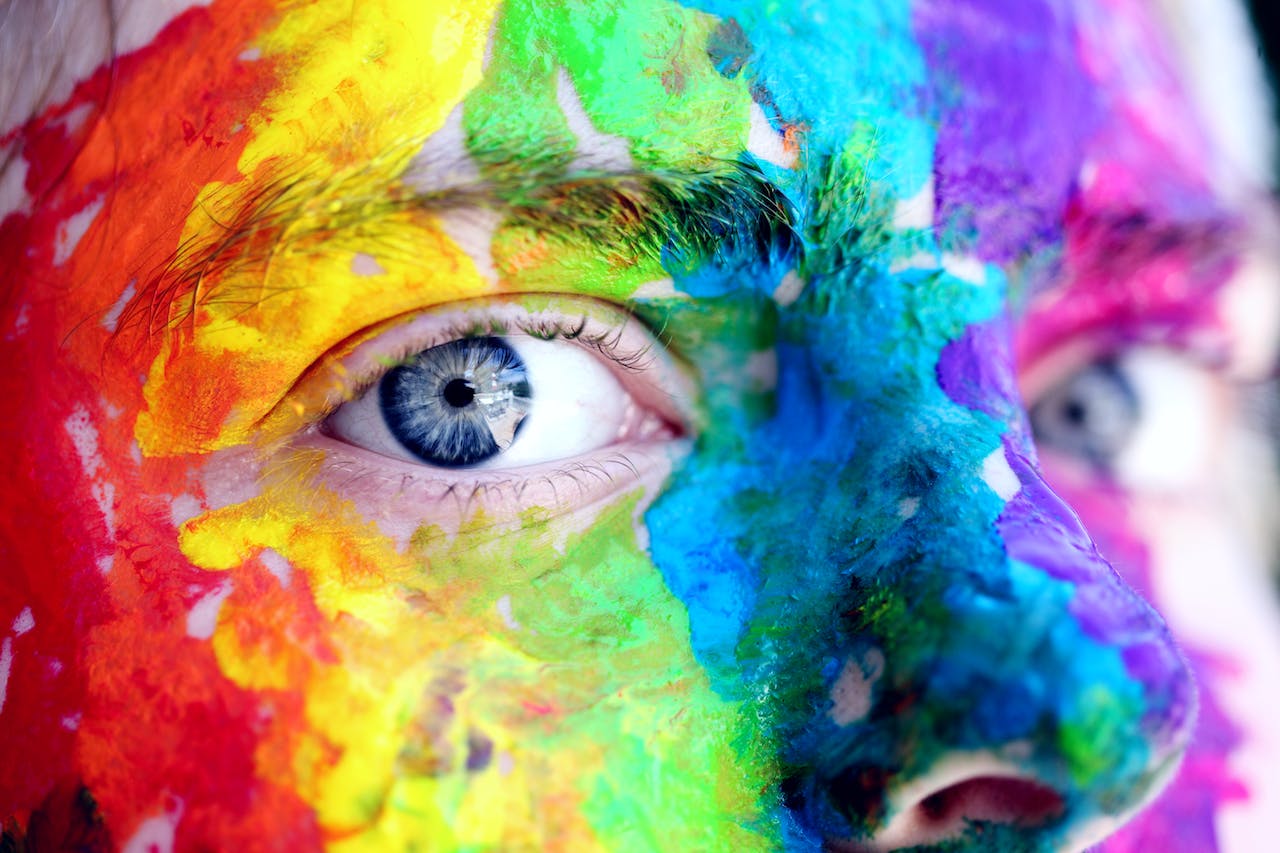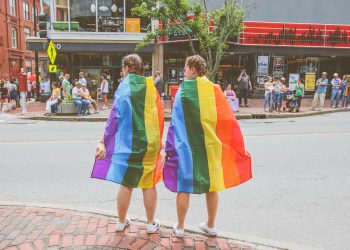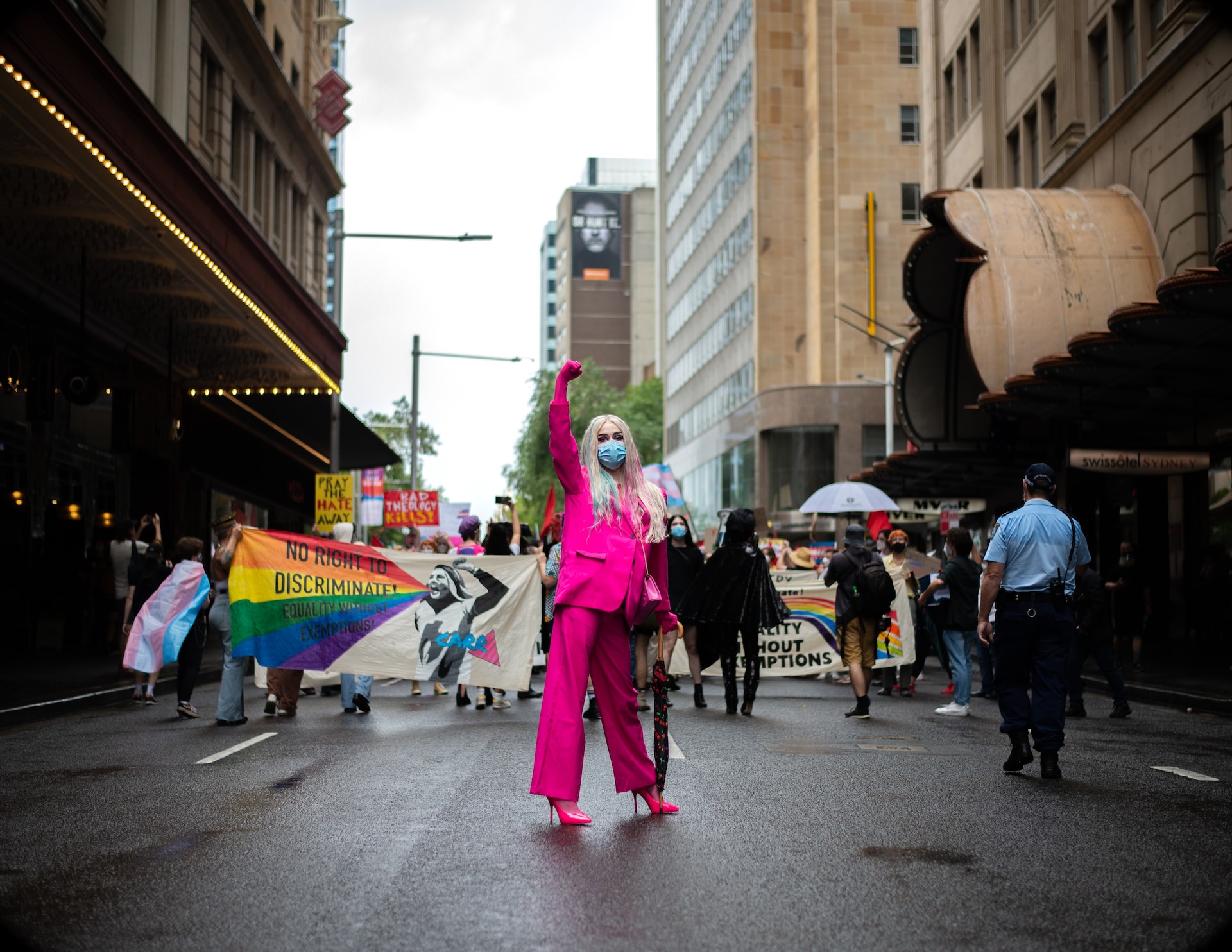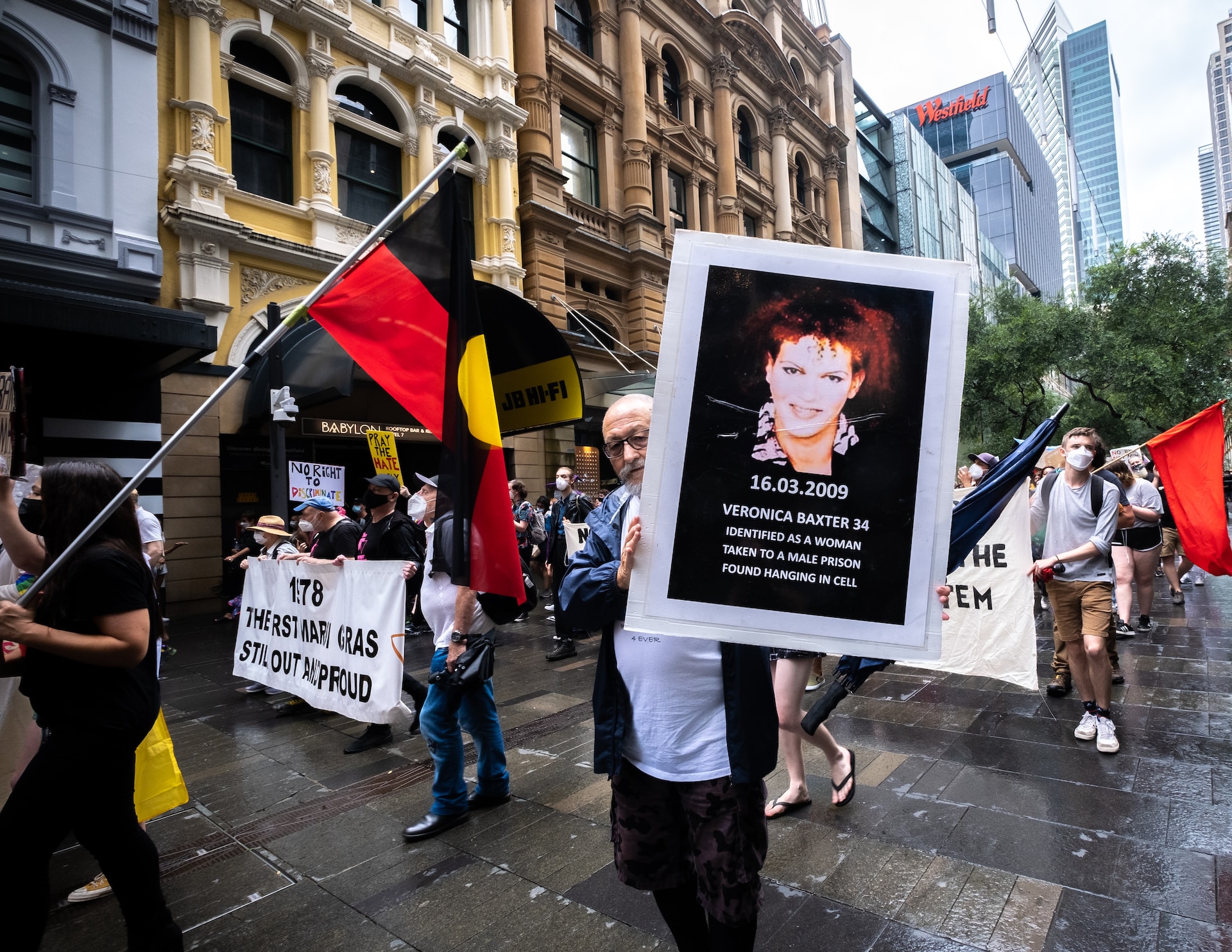In a world that celebrates diversity, the paradox is evident: millions still live in fear simply for being who they are. The rights of lesbian, gay, bisexual, transgender, and intersex (LGBTQ) individuals are continuously infringed upon, with situations ranging from explicit threats to their lives to more subtle, yet equally damaging, forms of discrimination.
A Spectrum of Oppression
The persecution faced by the LGBTQ community is multi-faceted. While some live under the constant threat of violence or even death, others experience daily micro-aggressions, discrimination, or exclusion. Such experiences not only undermine the individual’s right to equality but also pose severe risks to their mental, emotional, and physical well-being.

In some countries, one’s sexual orientation can be a death sentence. Meanwhile, in others, the prejudice manifests as workplace discrimination, denial of healthcare, or social ostracization based on gender expression, identity, or sexual orientation. This spectrum of oppression is both broad and deep, impacting almost every aspect of an LGBTQ person’s life.
Forms of Discrimination: Beyond the Obvious
While outright violence and discriminatory laws are overt manifestations of prejudice, subtler forms of discrimination are pervasive and equally debilitating. Bullying in schools based on one’s gender expression, derogatory comments on one’s sexual orientation, or being denied medical care due to one’s gender identity are all too common.
Furthermore, individuals who dare to stand up for LGBTQ rights often face backlash. Protests and marches advocating for these rights are frequently suppressed, and activists risk threats, imprisonment, or worse.
Understanding the Nuances
Discrimination can be based on various aspects of one’s identity:
- Sexual Orientation: It pertains to whom an individual is attracted to, be it of the same gender, opposite gender, or both.
- Gender Identity: This relates to how individuals perceive themselves, which might not align with their biological sex.
- Gender Expression: It’s about how one chooses to express their gender, perhaps through attire, behavior, or physical appearance.
- Sex Characteristics: These are biological attributes, including genitalia, chromosomes, and hormone levels.
Each of these aspects can be a basis for discrimination, and understanding them is crucial for fostering inclusivity.
Amnesty International: Champions of Change
Global organizations like Amnesty International are at the forefront of the battle against such discrimination. They campaign tirelessly to ensure the rights of LGBTQ individuals are protected, emphasizing their inherent rights to life, freedom, and safety.
The Path Ahead
While the challenges are formidable, the global momentum towards acceptance and equal rights for all is undeniable. International pressure, combined with grassroots activism, is slowly changing the narrative. However, the journey is long, and continuous advocacy is crucial. As societies worldwide grapple with these issues, the hope remains that one day, everyone can live freely, irrespective of their sexual orientation, gender identity, expression, or sex characteristics.
©unitedradiance.org




